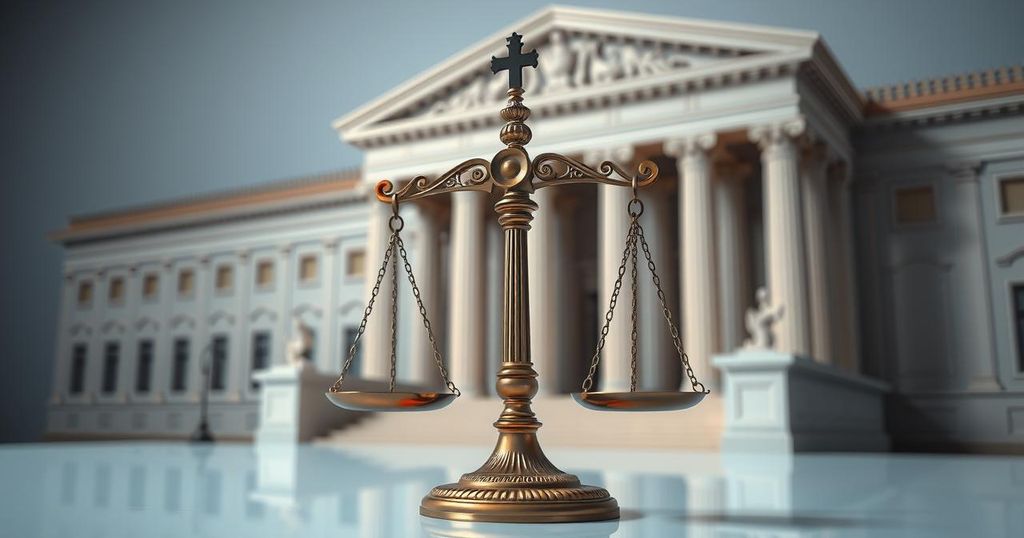Brazil has taken significant steps to uphold its democracy by charging former President Jair Bolsonaro and his associates with serious crimes related to an attempted coup. Unlike the slower responses seen in the U.S., Brazil’s legal system acted swiftly, illustrating the importance of timely accountability in maintaining democratic integrity. This situation contrasts starkly with America’s approach to former President Trump, raising questions about the efficacy of U.S. democratic safeguards.
In recent developments, Brazil has exemplified a robust defense of its democratic institutions by prosecuting former President Jair Bolsonaro for his attempts to overturn the recent election results. Alongside 33 co-conspirators, Bolsonaro faces serious charges that include plotting a coup and conspiring to eliminate political opponents, revealing a far more aggressive approach compared to tactics seen in the United States after the 2020 election.
Bolsonaro’s actions bear resemblance to Trump’s strategies, as he sought advice from Trump associates to foster distrust in the election process. However, the alleged extent of Bolsonaro’s strategies, which included purported plans for violence and military cooperation, underscores a stark contrast in the immediate actions taken by Brazilian legal authorities in response to threats against democracy.
Brazil’s justice system promptly disqualified Bolsonaro from future office candidacy, taking a decisive stance against electoral malpractice. The Supreme Electoral Court’s ruling came swiftly, emphasizing Bolsonaro’s abuses of his official position rather than just the failed coup attempt. In contrast, U.S. institutions have been criticized for their slower response to addressing the misconduct related to January 6th.
Despite Trump’s ineligibility ruling by Colorado’s election officials, the U.S. Supreme Court allowed him to remain on the ballot, diverging from Brazil’s approach of outright accountability. Such differences in judicial responsiveness highlight a failure within the U.S. to confront similar violations of democratic norms with the necessary urgency.
Historical context also frames the Brazilian response, as the nation’s recent memories of dictatorship create a heightened sensitivity towards threats against democracy, motivating citizens and leaders alike to take decisive action. The legacy of struggle against previous authoritarian rule fuels a more immediate recognition of the dangers posed by populist leaders.
Ultimately, Brazil’s rapid and blunt response to threats against its democratic integrity illustrates the essential actions that democracies must take to defend themselves. The lesson stands that when national leaders attempt to undermine electoral outcomes, swift accountability is paramount for the preservation of democratic values.
In conclusion, Brazil has taken assertive measures to protect its democracy through the prosecution of Jair Bolsonaro and by swiftly addressing the threats posed by his actions. This inclusive approach contrasts significantly with the gradual and procedural methods observed in the United States, highlighting a crucial lesson about the importance of decisive responses in safeguarding democratic institutions. The Brazilian example underscores the necessity of holding leaders accountable to prevent the erosion of democracy.
Original Source: www.theatlantic.com






